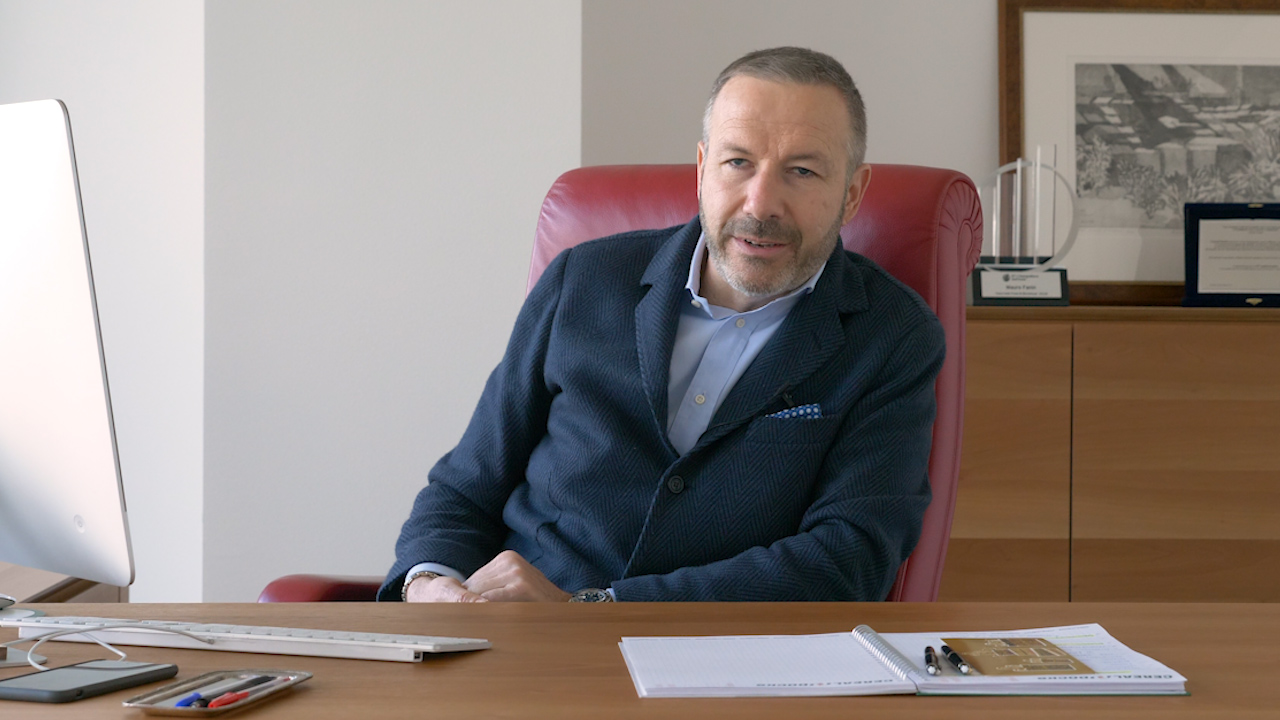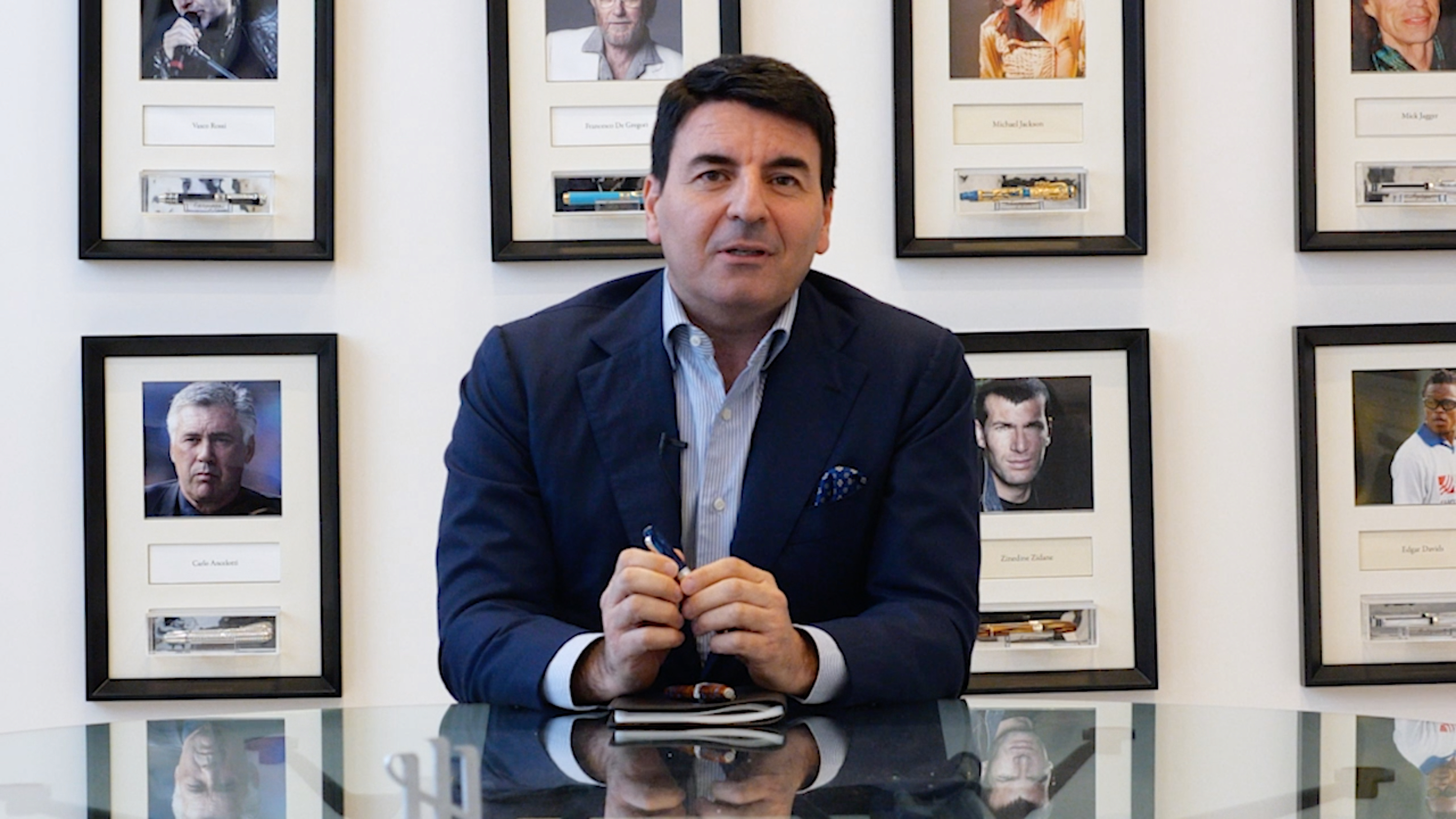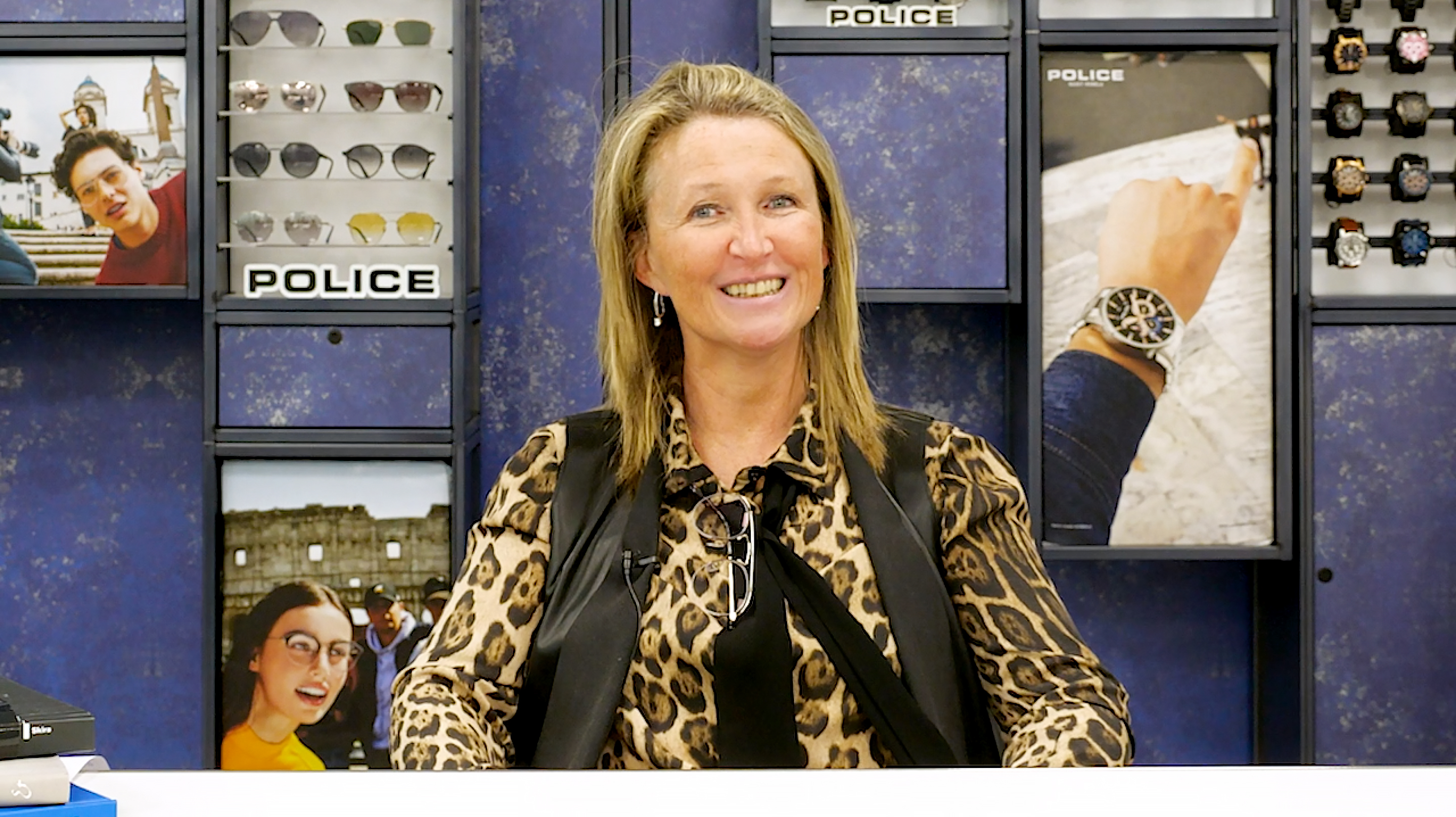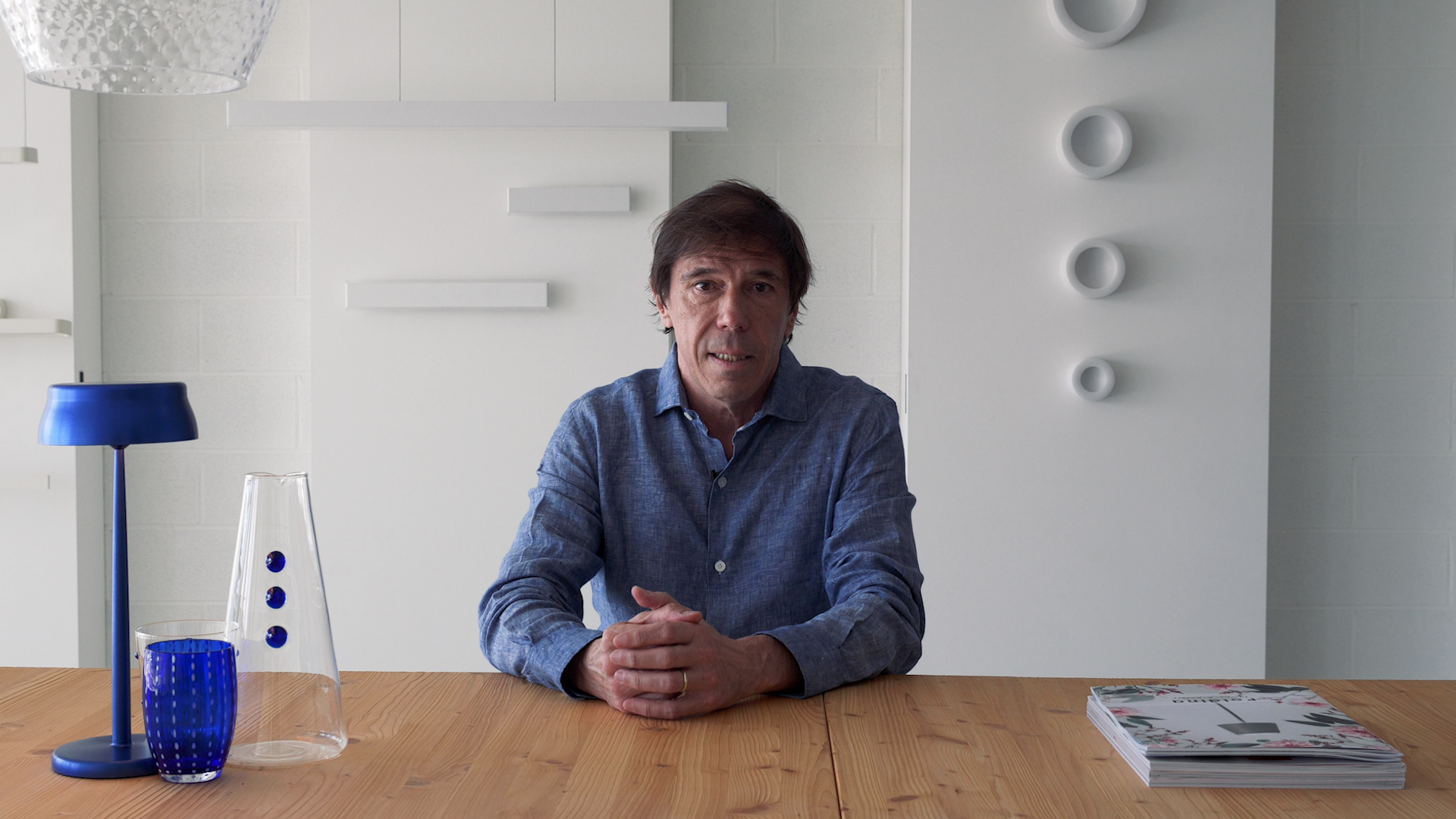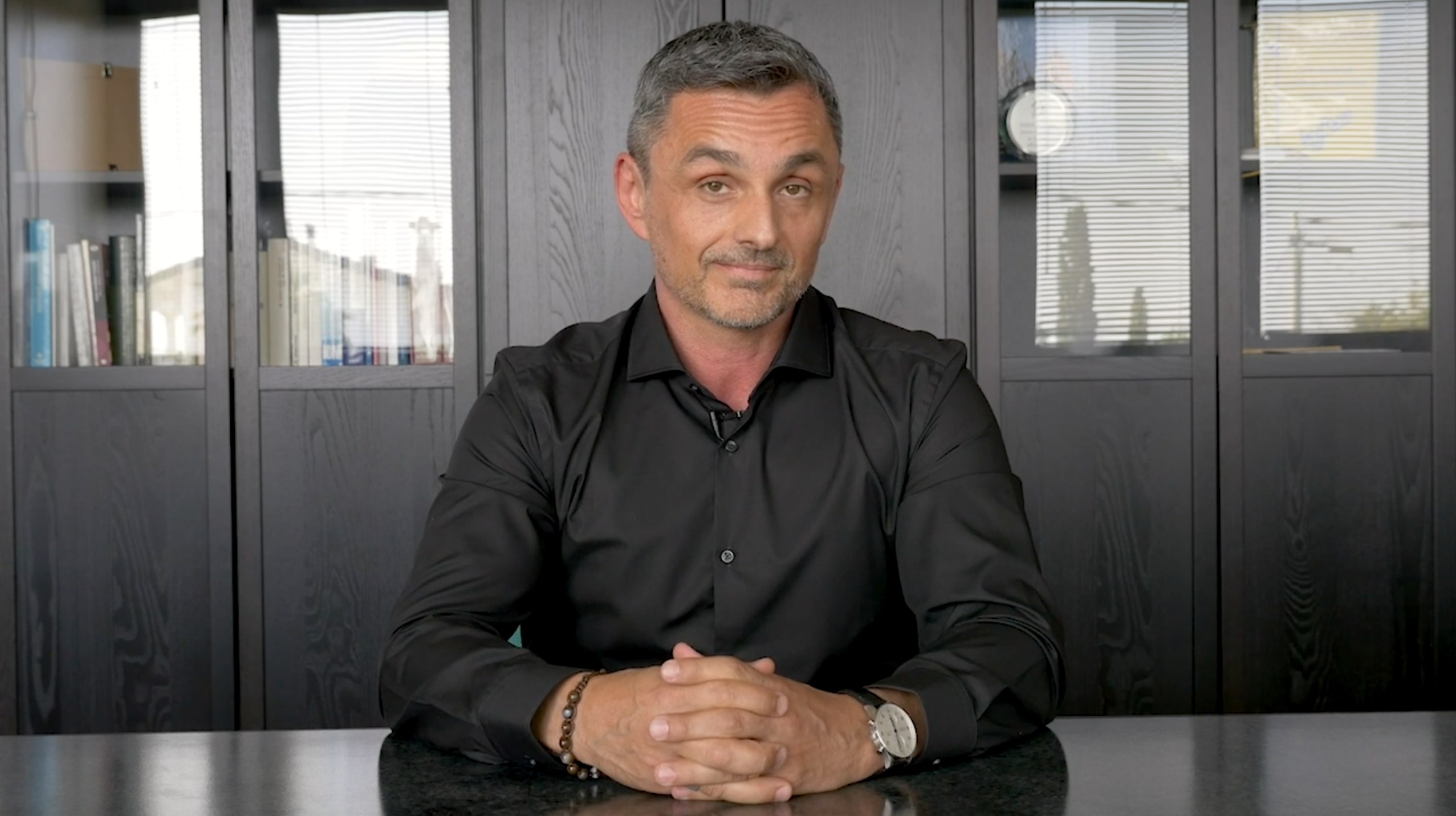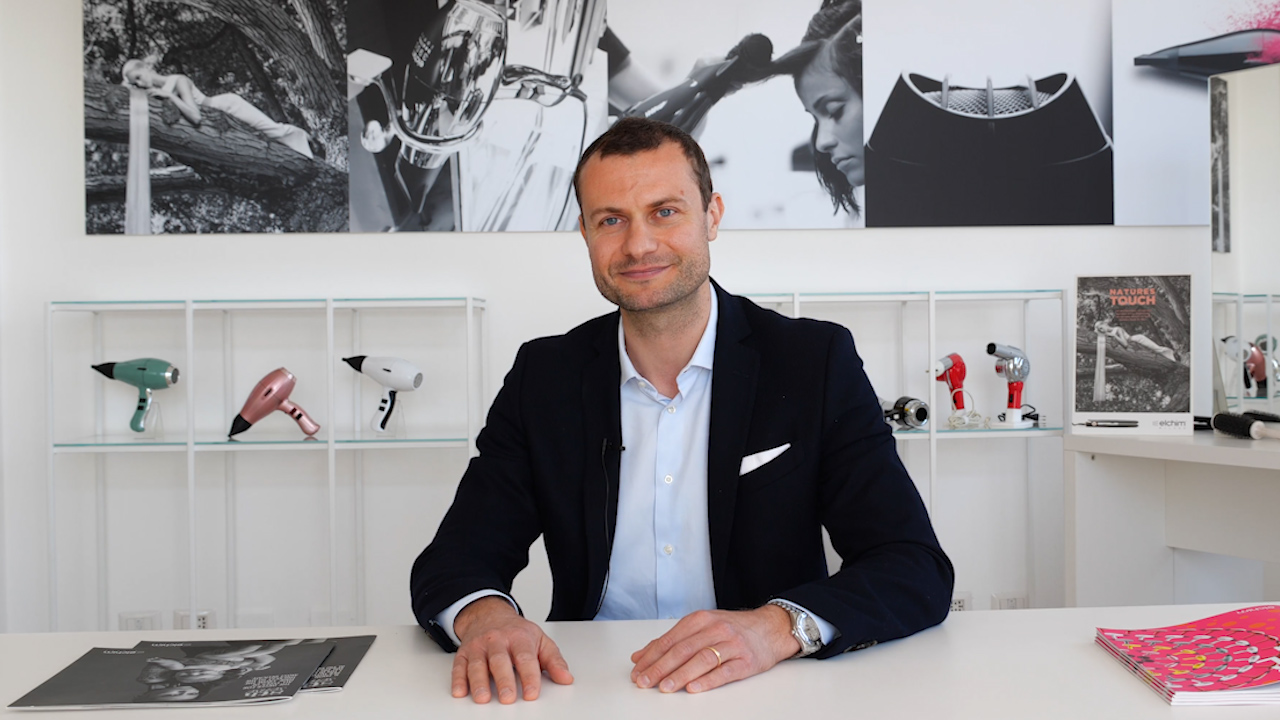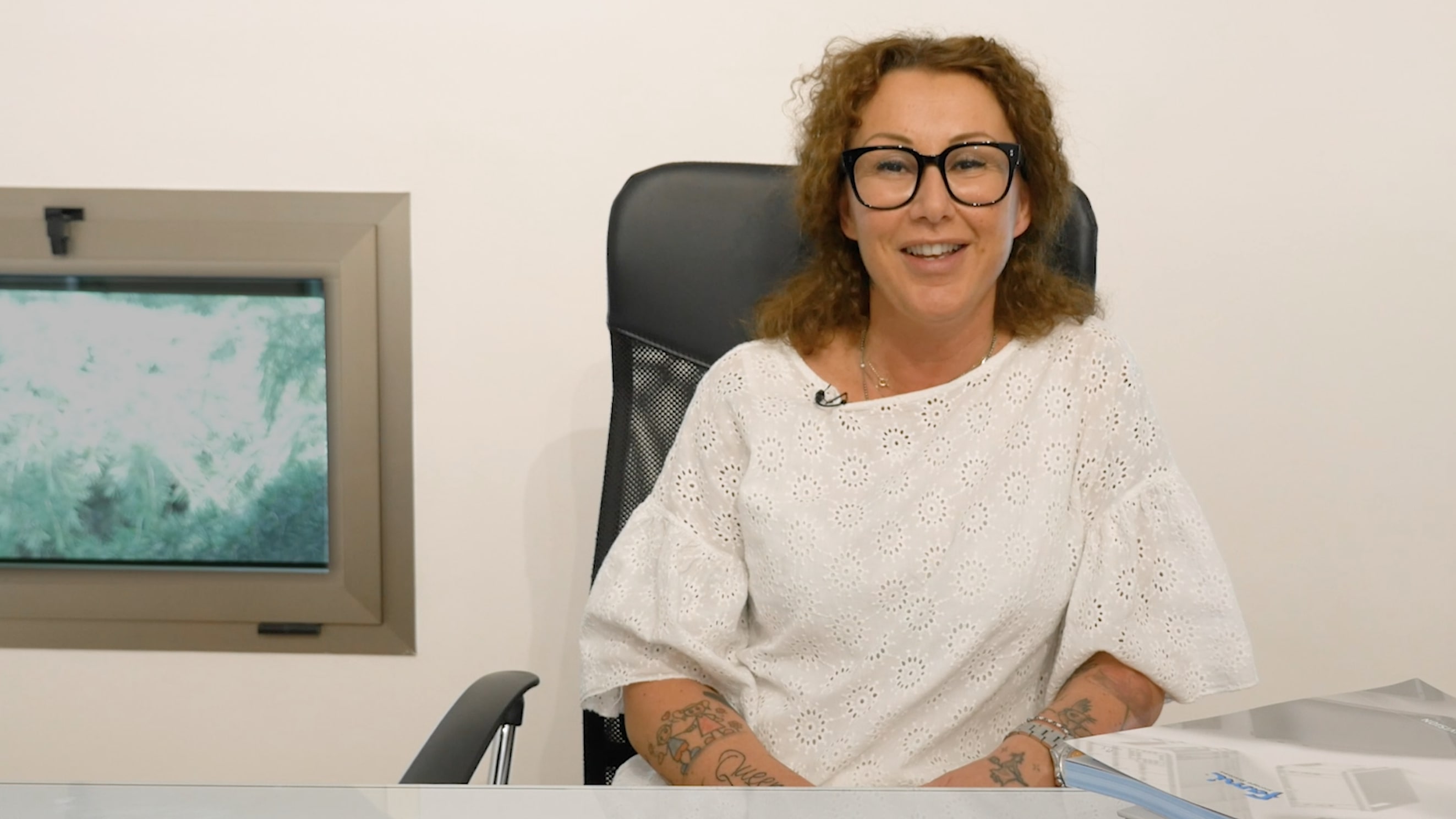The entrepreneurial adventure begins
My name is Mauro Fanin, I am 55 years old and I am the President of a group, of an important group, of the Cerealdocks Group. The Cerealdocks Group is a leading company in Italy. It is also one of the main players at European level in the processing of raw materials and therefore ours is a first processing industry, we practically prepare raw materials for the food industry in general.
This adventure began in ’82, in ’82, for those who don’t know, there once was mandatory military service, during that period I was at the provisioning office, supplying raw materials for the barracks, and that experience got me interested, I had already gone to a school, let’s say my education is in the agronomic field and therefore the productions, raw materials and cereals had always been a subject that interested me and so I slowly expanded it and at the provisioning office, when I had extra time, I began to think about how I would set up my business. It took me a year, I was discharged in August of ’83 and in September of ’83, on the first of September I went to the notary to make the company, which at that time was called Azienda Aurora. On October 5th I produced my first invoice, my first bill is dated October 5, 1983. From there the adventure started, it was born in our farm, my father had a small farm and from there I started this procurement activity of these raw materials and obviously then, year after year, it grew. At first I was alone, then I found a partner, then the partner left, then I found another, in short, there have been all these things, these vicissitudes that are normal in the evolution of a company , I have always kept the bar straight, I have always kept in mind what was my, or our goal, and eventually we have come this far: to be a leader in Italy, we are certainly the first private company for the transformation of raw materials.
Today the company’s revenue, this year the revenue is almost 800 million euros, we employ about 220 employees, 150 are directly linked to core activities, core business activities and around 50-60 are dedicated to so-called new business activities, activities, let’s say, complementary to our company. So we are growing in our traditional sector, but we are also trying to innovate with technicians and people who have joined the group over the last two years.
The money to start
The money to start, as always, is not easy to find. In reality, in ’83, the money cost 15%, the interest rate was 15%, today it is 1.5%, even less, let’s say 1.5%. I had no money, my dad was a bricklayer, he had a very small farm, but I had a friend who had 50 million lire in savings, he told me, I’ll give them to you and lend me 50 million lire, which correspond to 25000 euros, at 15% interest, because at that time that was the rate of return. So the capital with which I started, these 25000 euros and then I went to the bank, the Catholic bank of Veneto that was the bank of the clergy, they lent me another 30000 euros, 50-60 million lire. Combined I raised 100 million lire, 50000 euros in today’s currency and the company started from there.
Obviously, it was an uphill road because my father didn’t have enough guarantees, my friend had just lent me money that wasn’t cheap, the bank money obviously cost even more, but from there the genesis was born and so I started the business, adjusting according to my financial capacity and I started buying and collecting these raw materials. Slowly the company grew and so I started to go to the system and then to the banking system, to the banking system to ask for other energies and therefore other financial resources. The company grew a little, the company earned a little and the banks gained trust and then, step by step, in 35 years. Today the company works with hundreds of millions of euros of credit, to support, of course, you can imagine such an important turnover, we originate goods from all over the world and therefore our suppliers need to be paid and therefore in the past few years, we have consolidated our importance as a company and use money from the banking system in general.
A negative and a positive event
In the history of a company, there are always positive moments and moments of satisfaction and there are obviously, there must be, even negative moments, moments form which one learns and understands the error, and remedies are put in place to fix the mistakes that one makes.
We were in the ‘90s, I had managed to receive an assignment from the European community to be an accredited warehouse on behalf of the European community, to do the so-called strategic stocks. I took this job, I gave the guarantees, the company obviously had began to be already an important company, not like today, but an important company, the fact is that I had taken on this commitment to complete this operation. I live in Camisano Vicentino, but there is also another Camisano, Camisano Cremonese. The fact is that when it was time to pay the bills, the numbers were important at the time, because I think that we were talking about the equivalent of a few million euros, we were still in lira, and the money went, left from the European community and ended up in Camisano Cremonese and not in Camisano Vicentino. Obviously, this caused a great deal of trouble, because I had my suppliers, I had to pay my suppliers, so I had to solve a problem that apparently was very simple because then in the end it was an obvious mistake, but in reality it was not so simple, especially when dealing with public apparatuses, from Brussels to the ministries in Rome and then to the banks. Anyway, we fixed it, obviously this taught me, it lasted about fifteen days, it taught me to be much more precise, to be much more punctual.
In 2008, much later, there was the euro of course, so it was 2008 and there was a lot of talk on renewable energy, we were considered the new oil companies, that is those that would produce renewable fuels and therefore innovative energies and then biodiesel and therefore electricity from renewable sources. Ours is a very energy-consuming company and therefore a lot of its energy is drawn from renewable sources, but I had started a very important business in Friuli and I committed to a very important investment, it was an investment of fifty millions. At a certain point, the regulation changes, the community regulation changes, the prices of raw materials go crazy, the ministry and the organisms change the rules of the game, I find myself in the middle of an investment that had already begun, to have to decide whether to cross the rest of the river or go turn back because I considered that initiative too dangerous for the company. Perhaps an excess of confidence in the system, I reconsidered the whole activity, brought home a major loss, which was obviously not 50 millions, but still significant, almost 10 millions, I lost them, but I admitted the mistake and I started all over again. And this taught me a lot, obviously because it taught me to think much more pragmatically and concretely and to look at things for what they are and above all not to rely too much on our system that sometimes is sometimes lacking and changes the rules of the game while you are running your obstacle course.
There have obviously been also very positive aspects in the life of the company and in ours, if it has grown like this, there must have been many positive aspects that I remember with pleasure. In our company I have been lucky enough to deal with people, managers, etc., always important, they have made it grow, that have helped me make it grow.
In 2013 the spread in Italy, we were inheriting the Lehman 2008 crisis, in 2012-2013 the spread was 570 points, the money could not be found, we were in a full European crisis, in the midst of the Italian crisis. The multinationals, the multinationals went away from Italy. In those years we were already very busy in our activities and therefore very well focused in our sector, we were fortunate that our sector, being an inelastic sector, we are fortunate that farmers cultivate every year, the world’s farmers cultivate every years and the citizens of the world eat every day. We are right there in the middle and therefore we were lucky to enjoy this inelasticity of our activity and a multinational decided that it no longer liked Italy and therefore decided to leave the Country. I found out, it was November 14th, I went visit their factory, they had the factory in the port of Venice, I went visit their factory, I liked their factory; they were a listed company and therefore didn’t want to have trouble with the value of the shares, so they didn’t want to have problems with staff, flags outside the company, and so on. In short, for them it was a big problem, for me it became instead an opportunity, despite being very busy, despite not finding the money, because the banks just didn’t trust each other, I decided to buy this plant, this big factory from this large multinational, it was one of the largest and was one of the largest multinationals in the world in the agribusiness sector. On February 14th, Valentine’s Day of the following year, our first Cerealdocks-branded ship docked on that port, to unload the goods that came from, I think from Ukraine.
So it was really an opportunity for us. Today this plant, on which we have invested several million, around 60, is an important establishment, is one of the largest plants in Europe, it is certainly one of the largest plants in Italy and for us it has brought us a very important growth in these last few years, the company has grown thanks to the opportunity we had to acquire this plant in unsuspected times and today make it a very important establishment for the growth of the group.
Doing business in Italy
Why doing business in Italy, because Italy is a “beautiful country” doesn’t cut it, because we were born in Italy, maybe it’s not enough either, because in our sector, in my sector, Italy is a model country, in the agribusiness, in agribusiness a model sector is important, but probably this is not enough either. Today in Italy it is not easy, we all know that it’s not easy to do business, we must find the right compromise, we have the great ability to be very innovative, very flexible, to know how to seize the moments, to be very open and this is an added value that no one else has. If we succeed in putting this to good use, together with the possibility of growing and therefore also of growing internationalizing the company and the opportunities, obviously many opportunities will come from the outside.
The key traits of an entrepreneur
The entrepreneur must be brave, he must be brave but he must also be a “pragmatic dreamer” and therefore he must be a visionary man, he must have curiosity, he must inquire, he must talk with other entrepreneurs, he must also have dreams, desires, because then in the end everything starts from there.
I remember that I went to see the Messner museum and that he wrote “I put dreams before everything”: it is important to put dreams in front of everything, it is also important to remain grounded, it is very important to be patient too, so to understand when you are wrong and start over, not wanting to get the results immediately and positively, you can also get less positive results.
However, I repeat, the manager, the entrepreneur today must be a visionary man and a man with a lot of patience and determination.
The future for the new generations
It is very important that the new generations look back at the old generation. History teaches us a lot. As we learned from our predecessors, the new generations, the relationship between school and working environments is very important, they must look at history, they must also look at the past generations, because from the past generations we understand, we understand what are the founding values for an entrepreneur, for a company.
They must obviously also be, they must also learn to be patient, they must learn to take up challenges and make them grow calmly. The entrepreneur of tomorrow must grow even more, it is not sure that today’s entrepreneur is suited for the challenges of tomorrow.
Mine, like all companies, must look in the future, considering also what the new generations are, because this is an epochal change that we are experiencing, that obviously gives us, will give us many opportunities, but that we must know how to grasp, we must have the ability to grasp them and therefore as an entrepreneur I begin, despite being 55 years old, so I do not feel at the end of my career, but I feel the need for some new generation business and biotechnology, agro-food specifically, some sectors in the nutraceuticals, etc., must also be followed by the new generations.
So the entrepreneur must also know how to step aside when needed, so he must not think that he is the only actor in his company.

